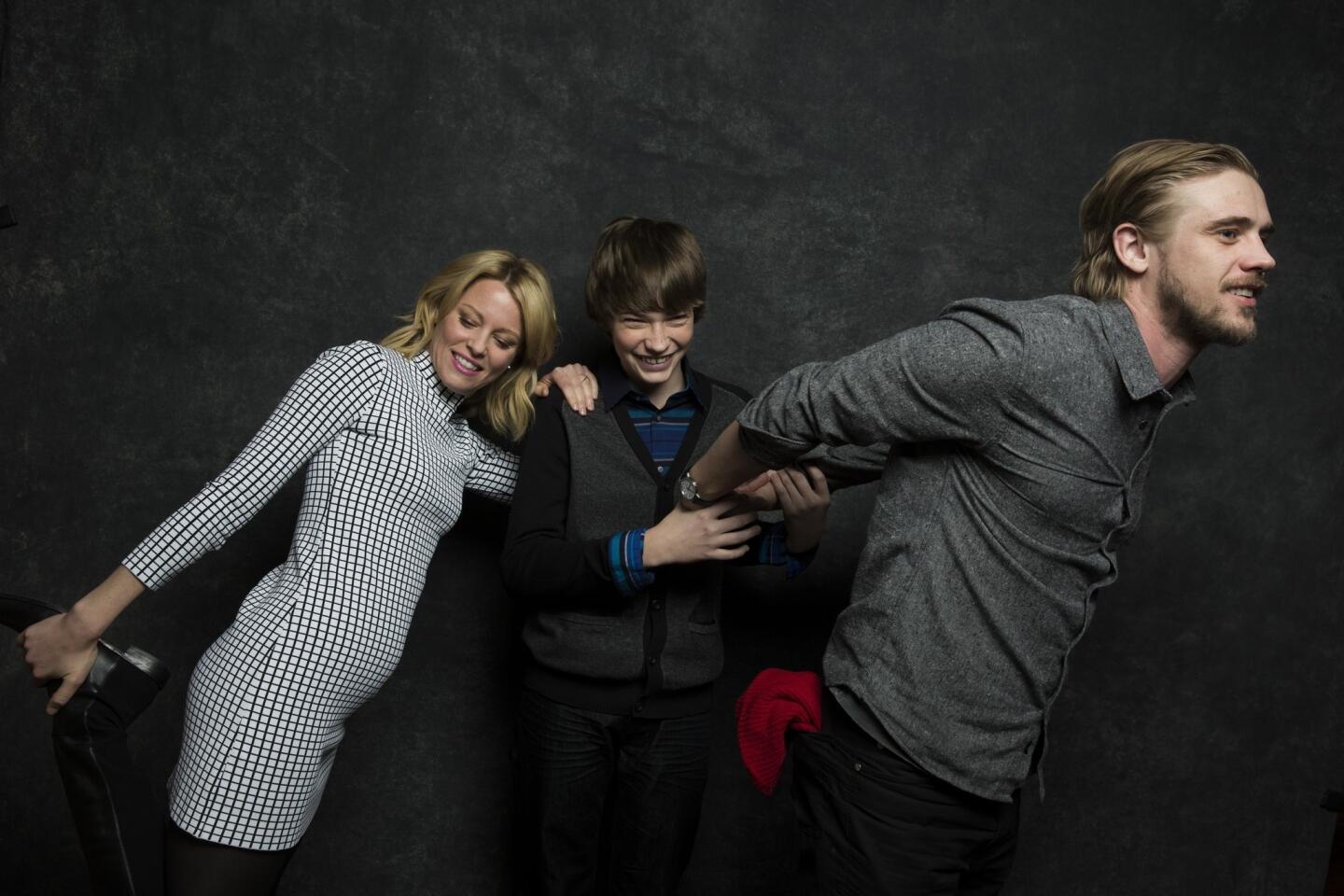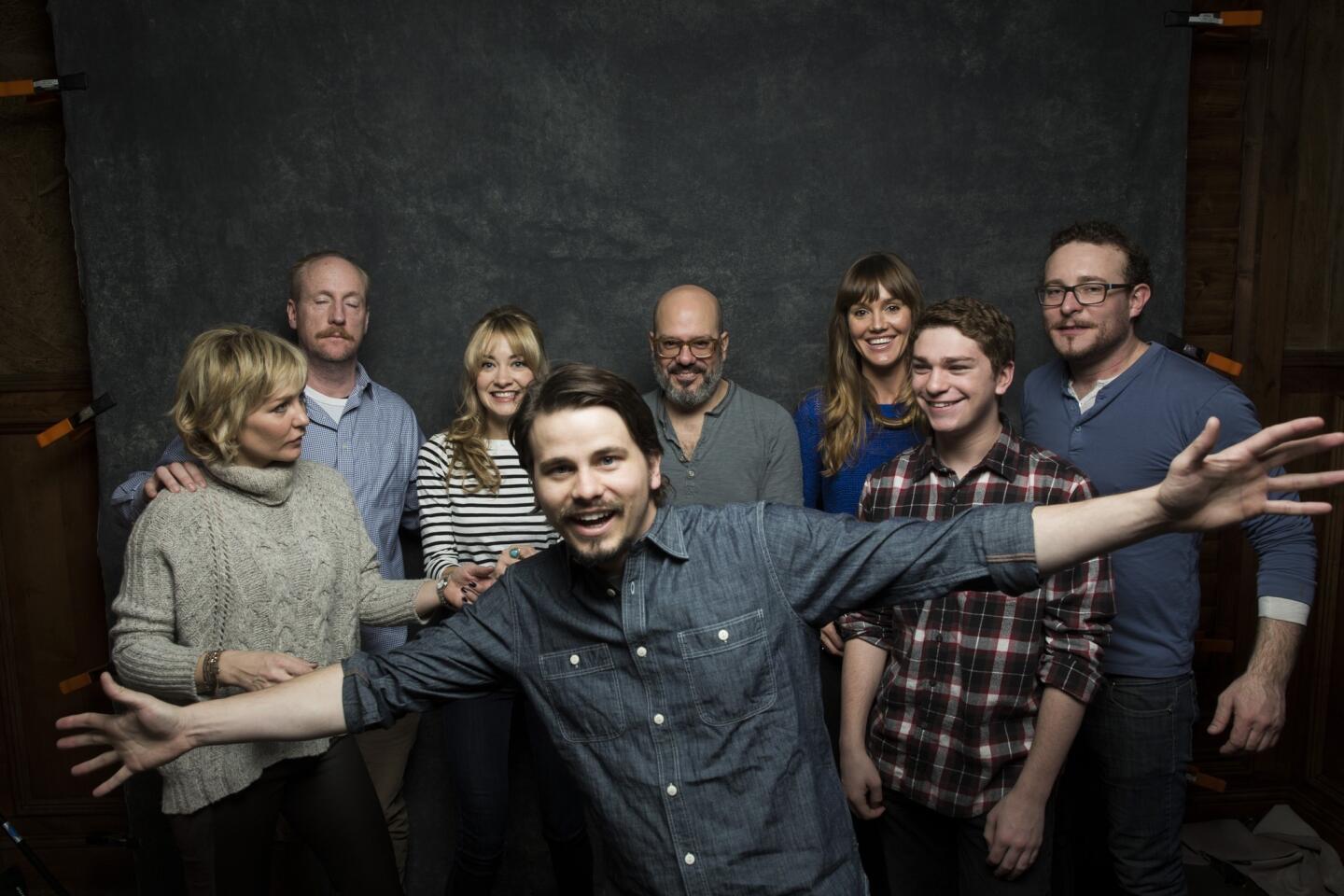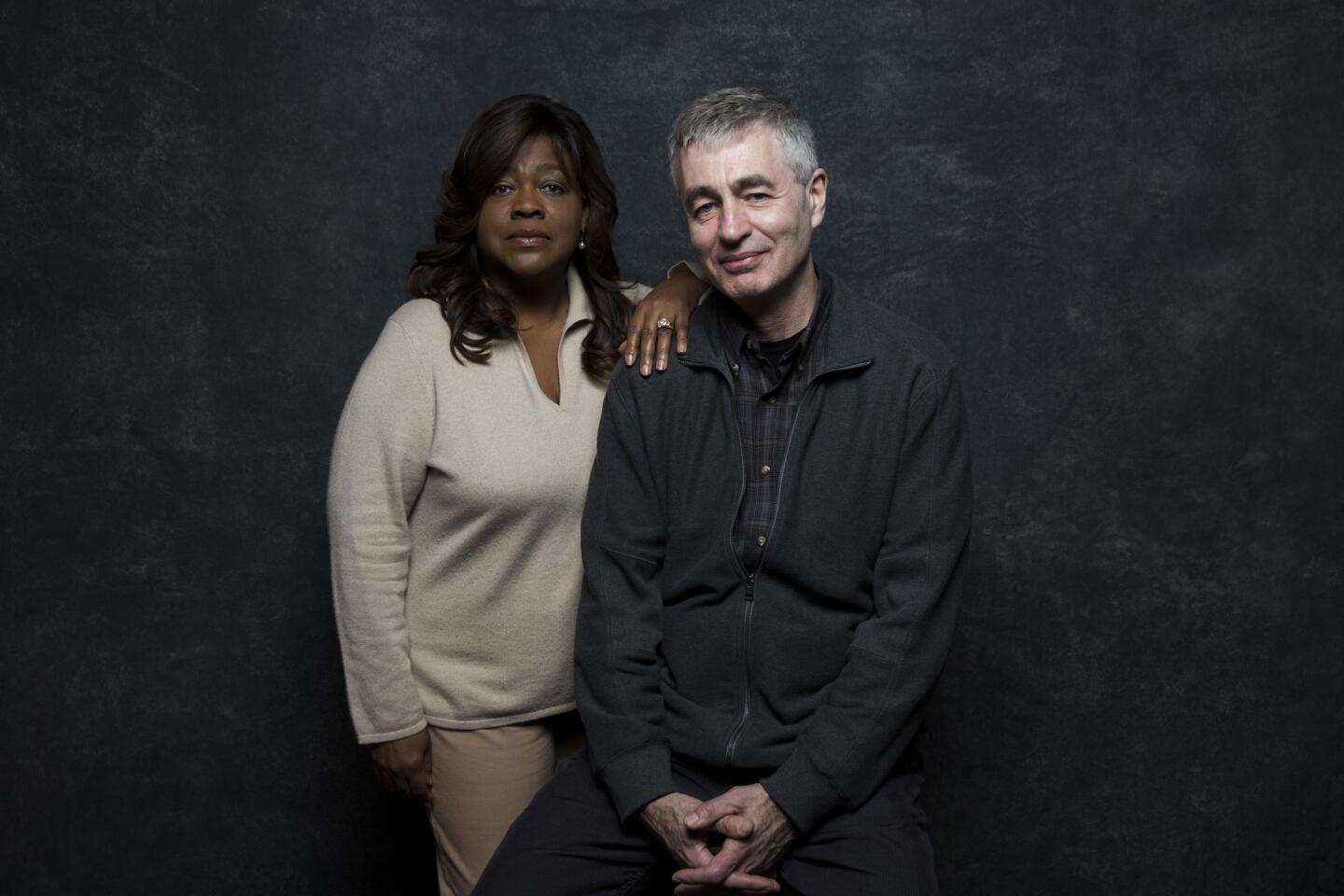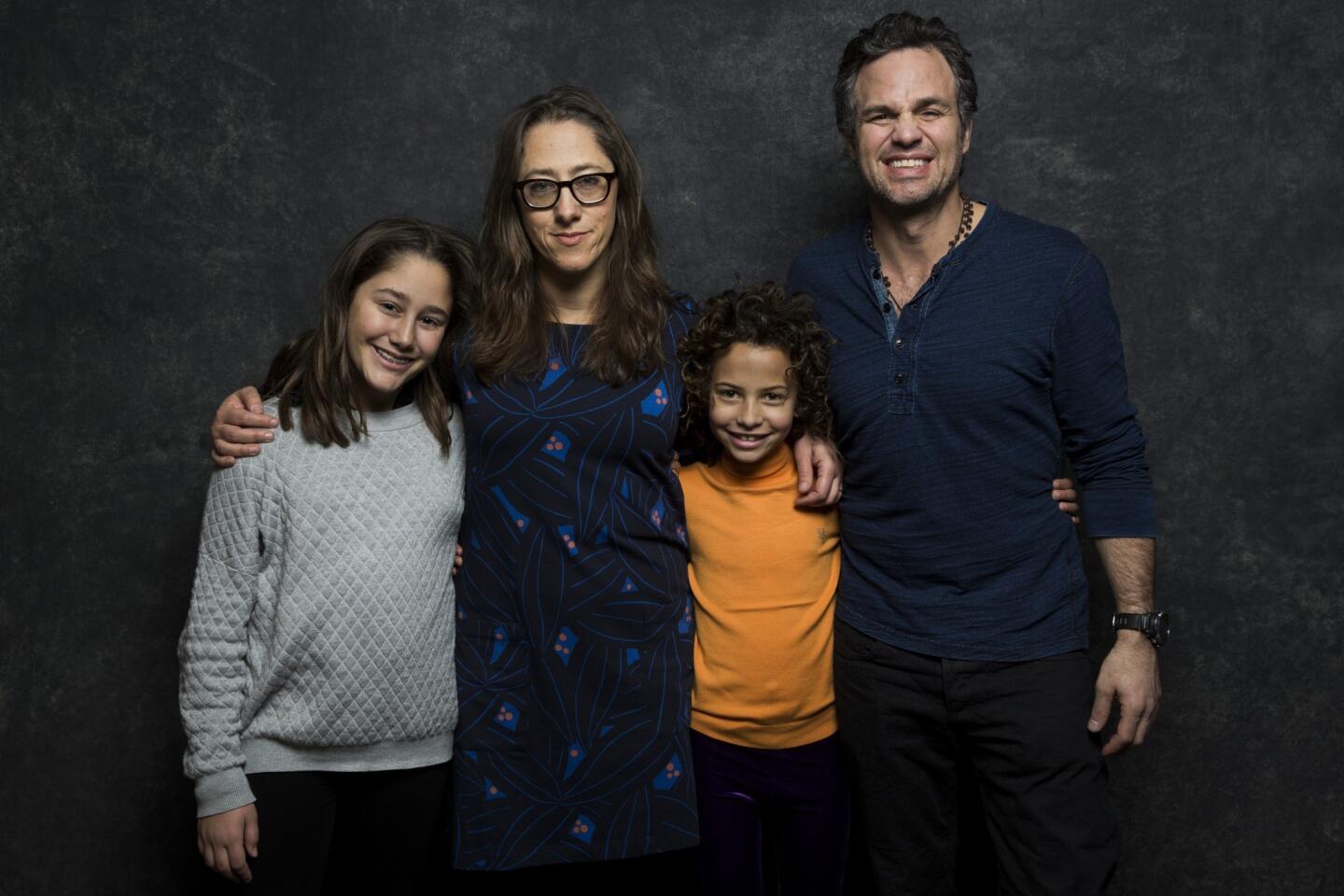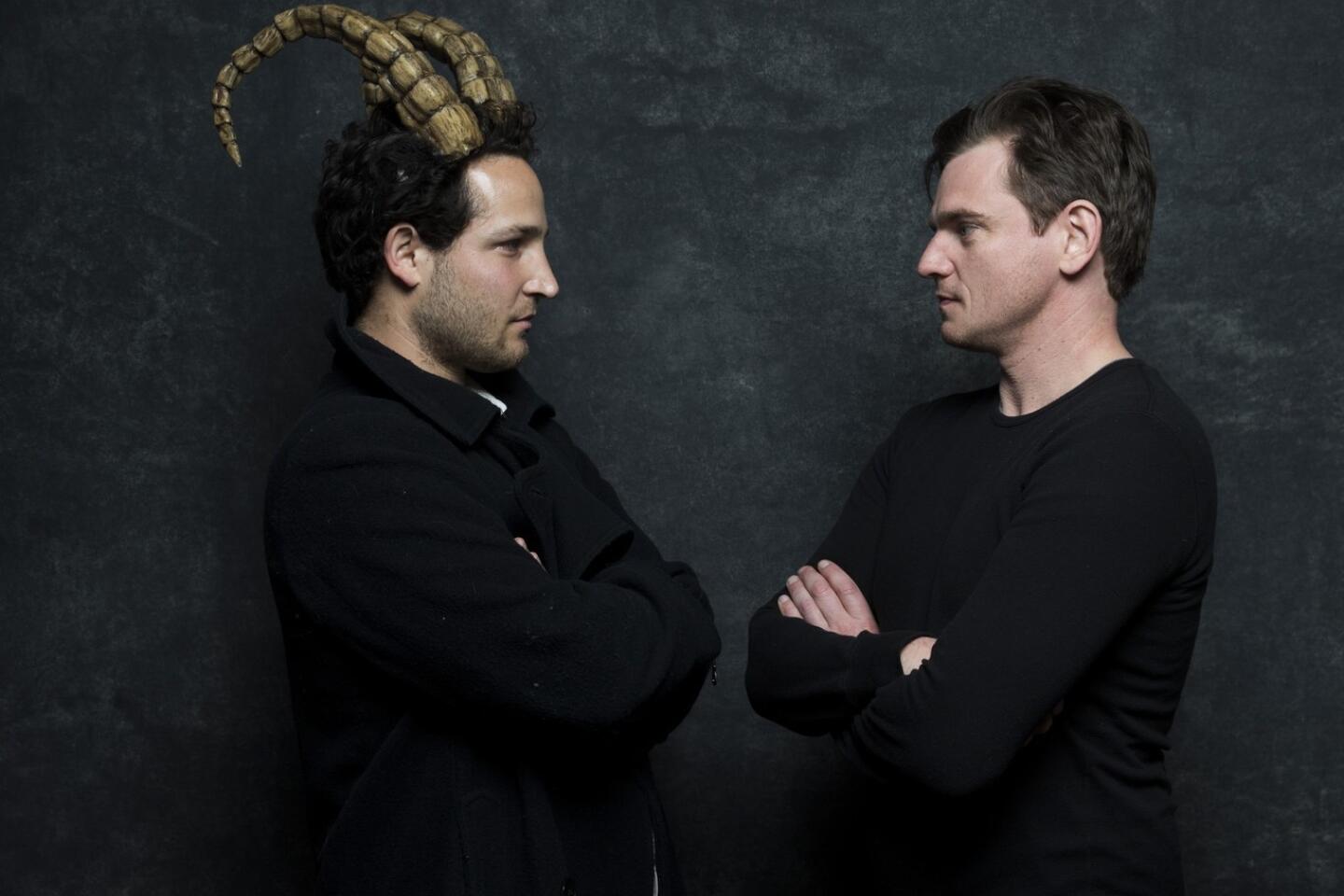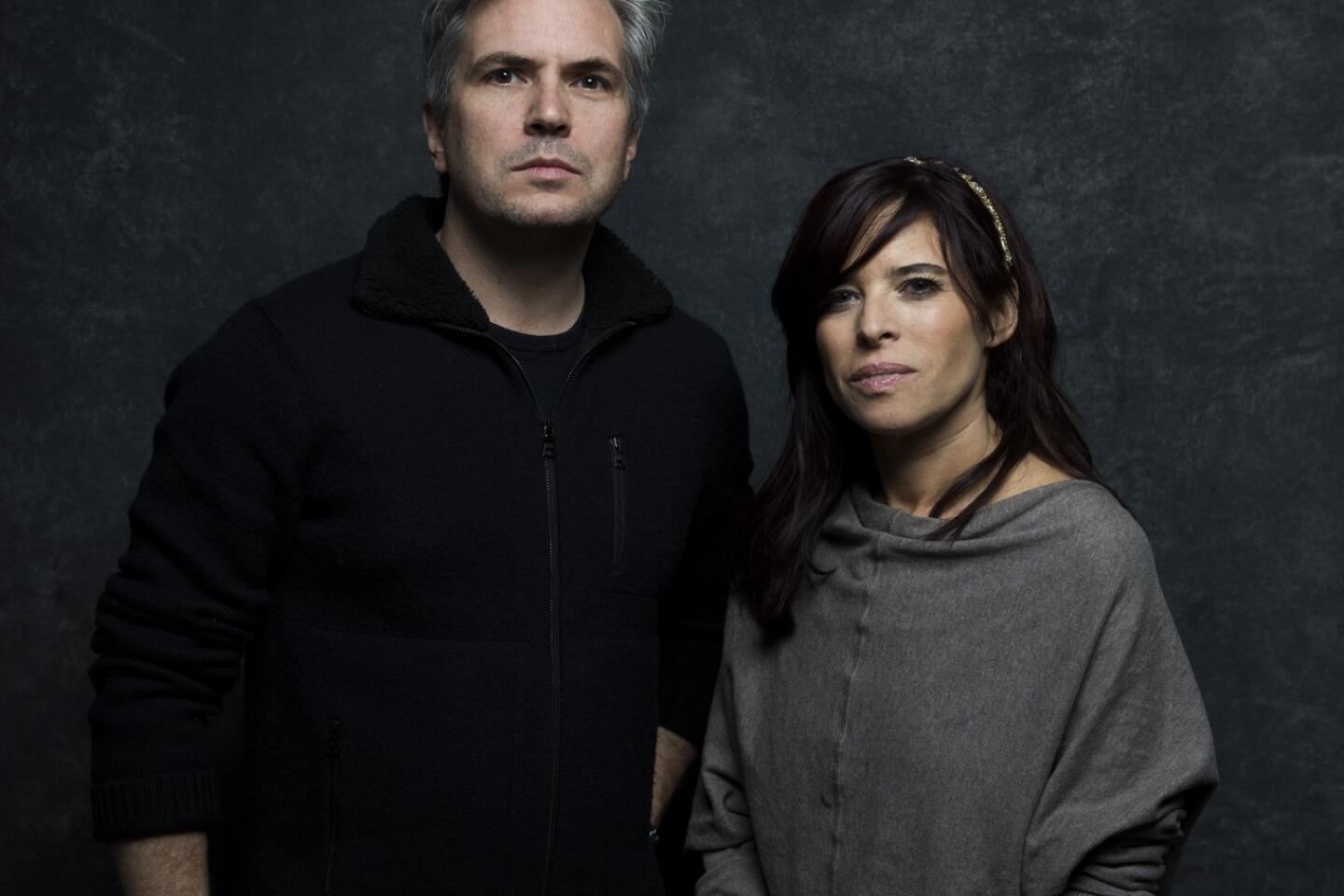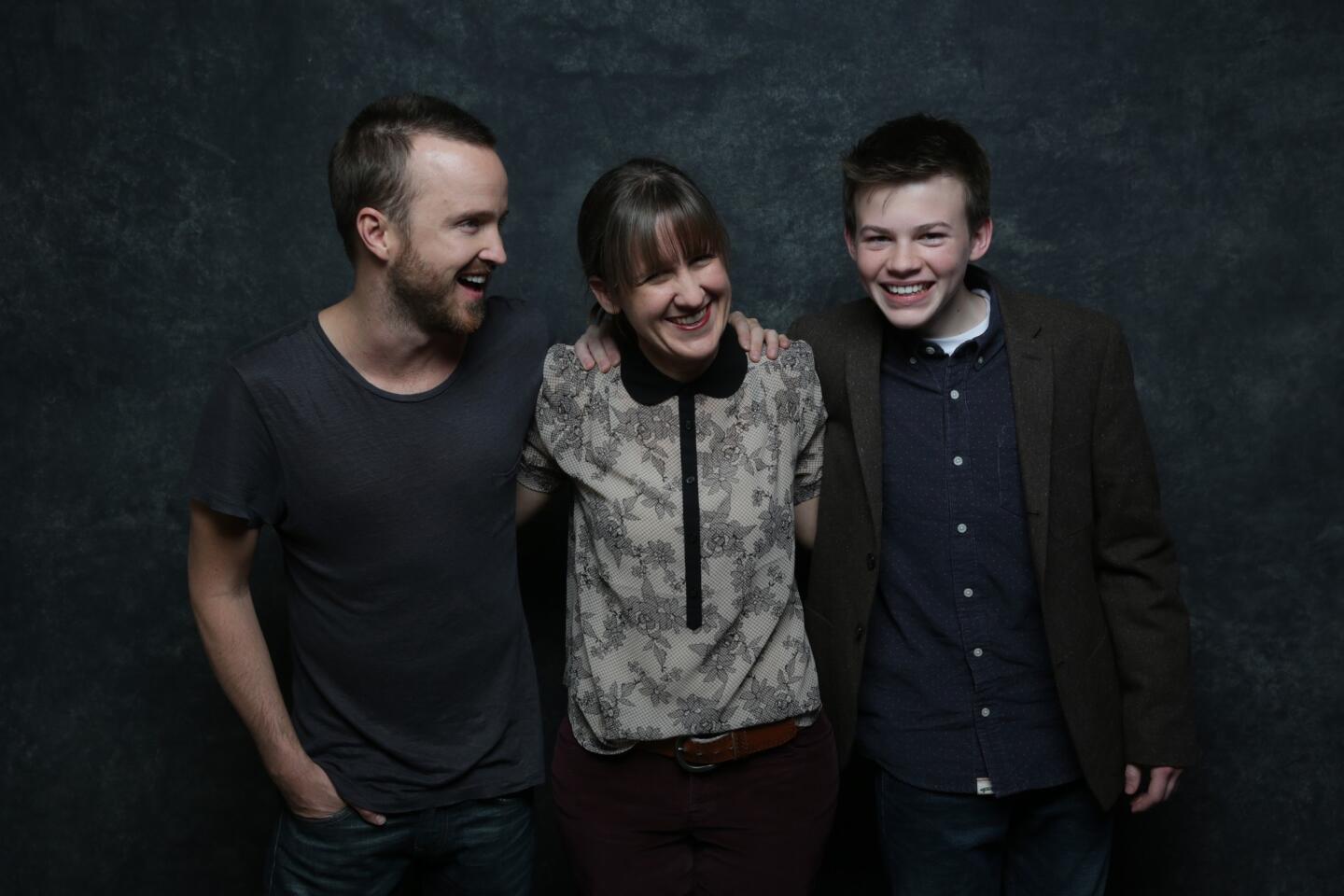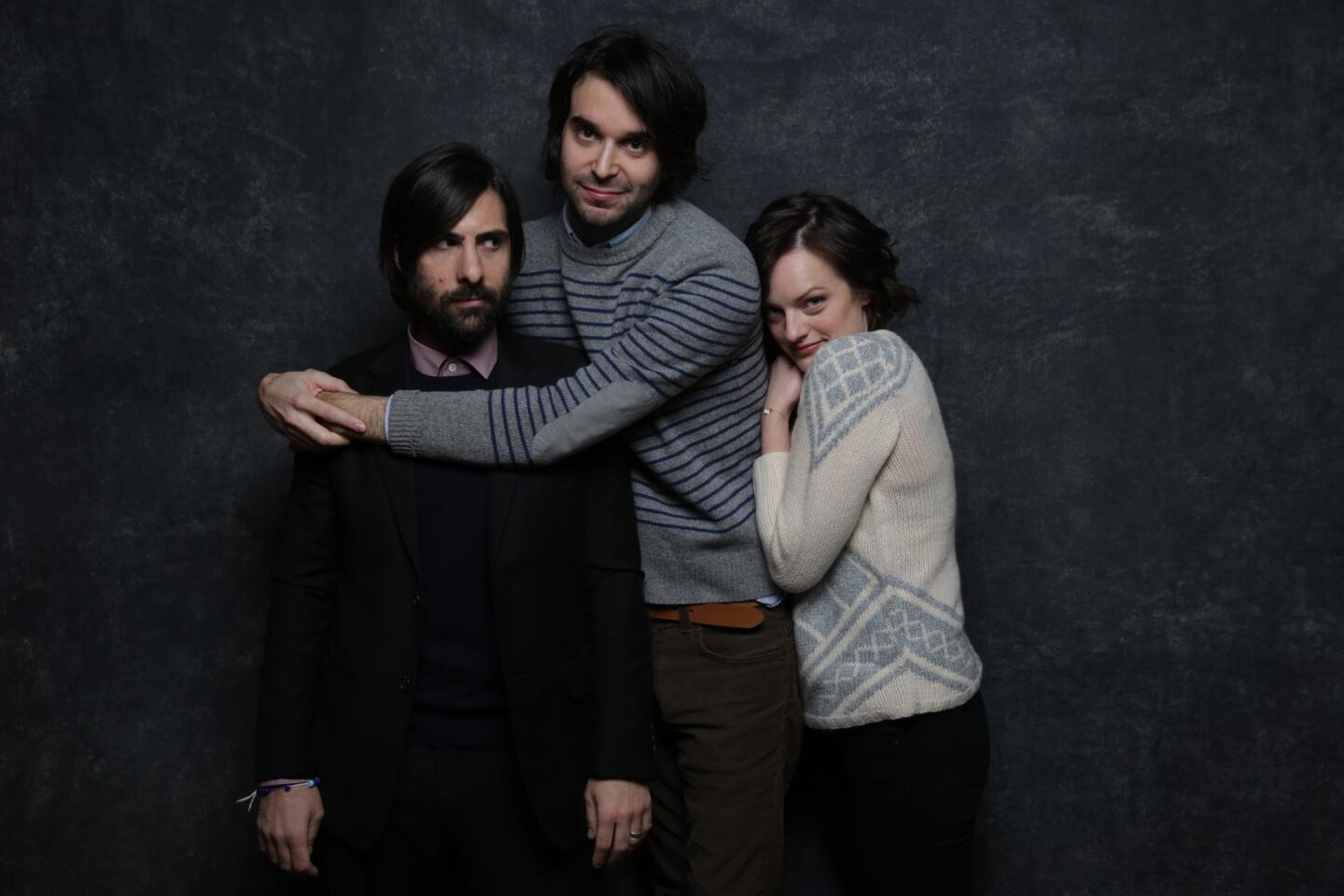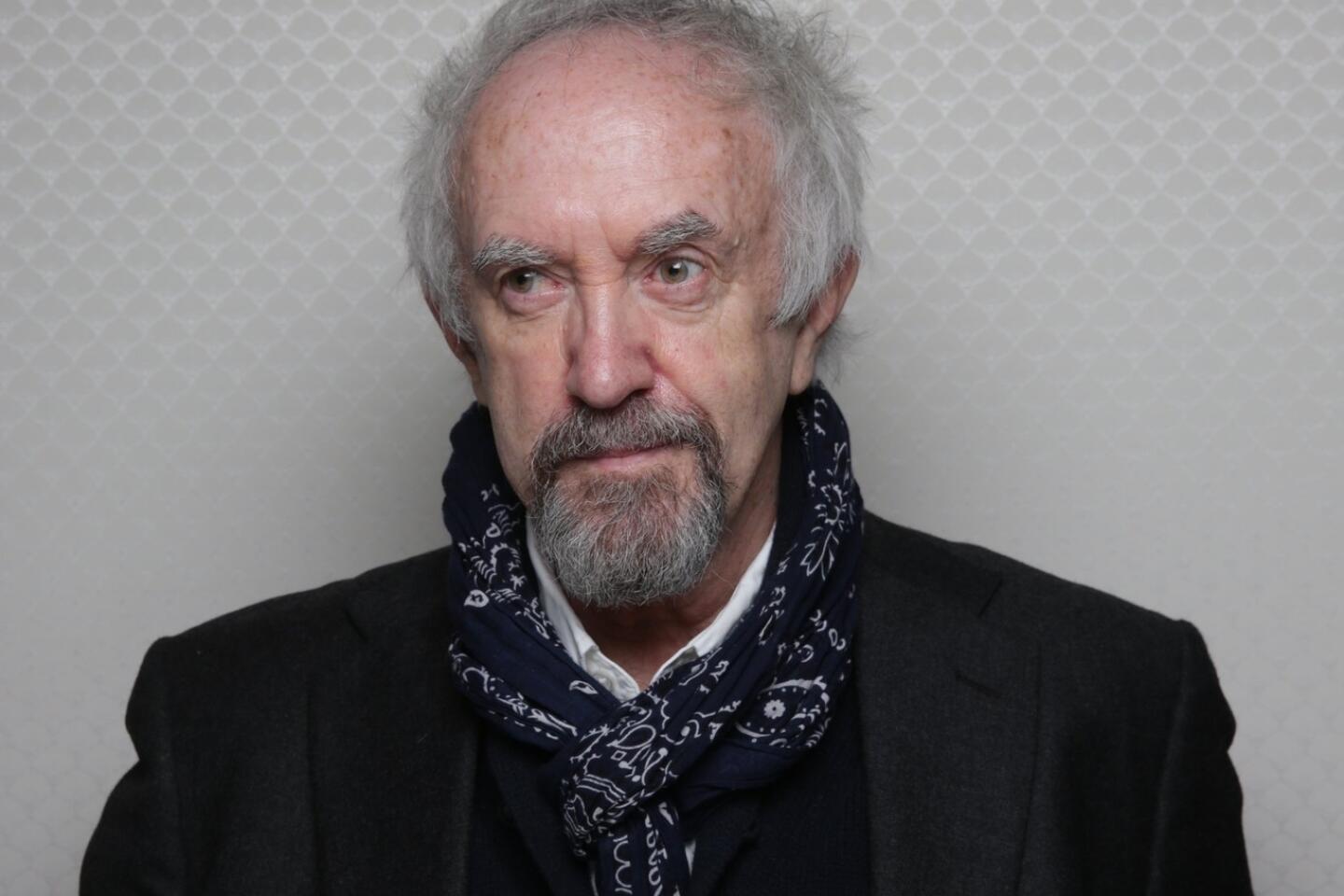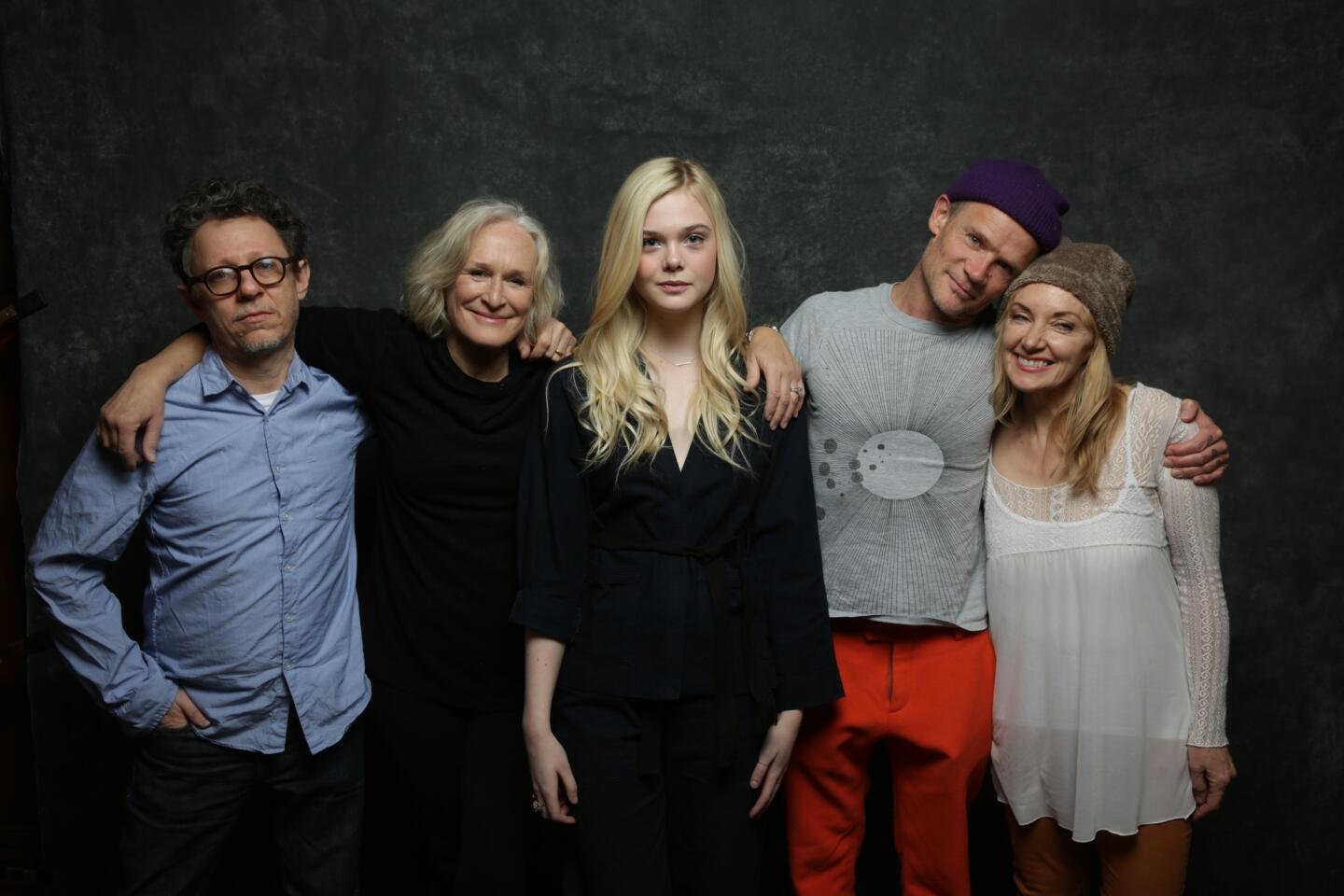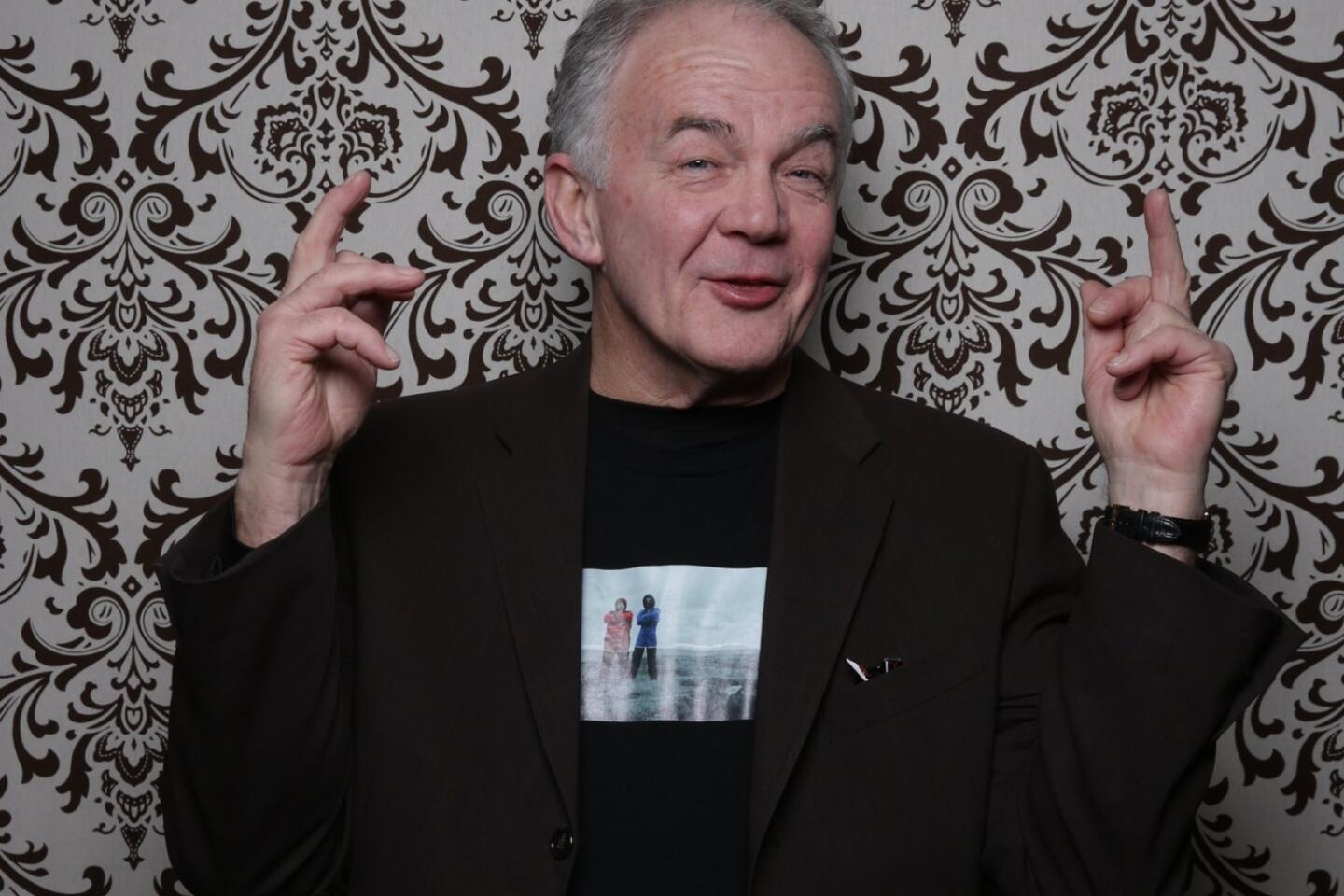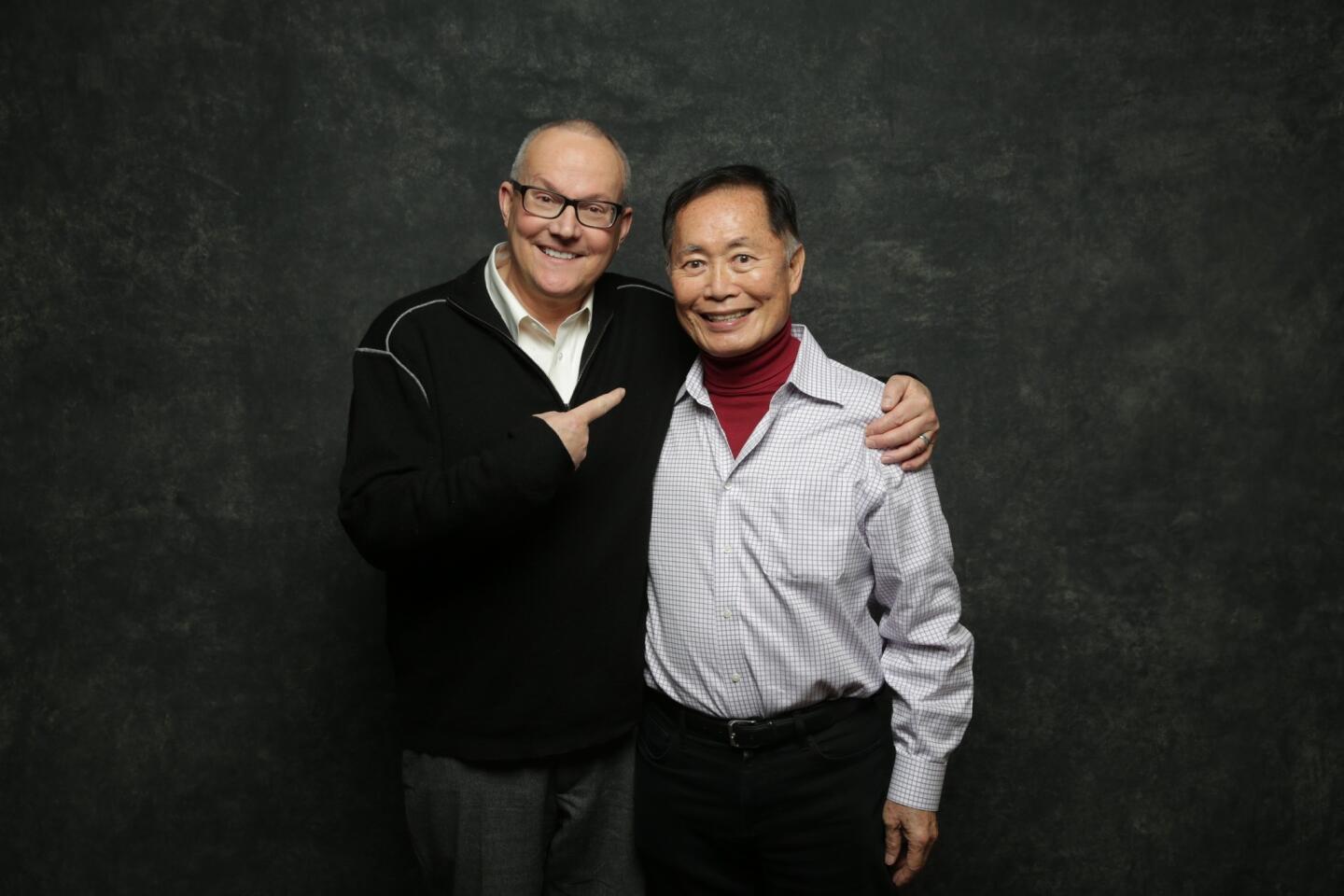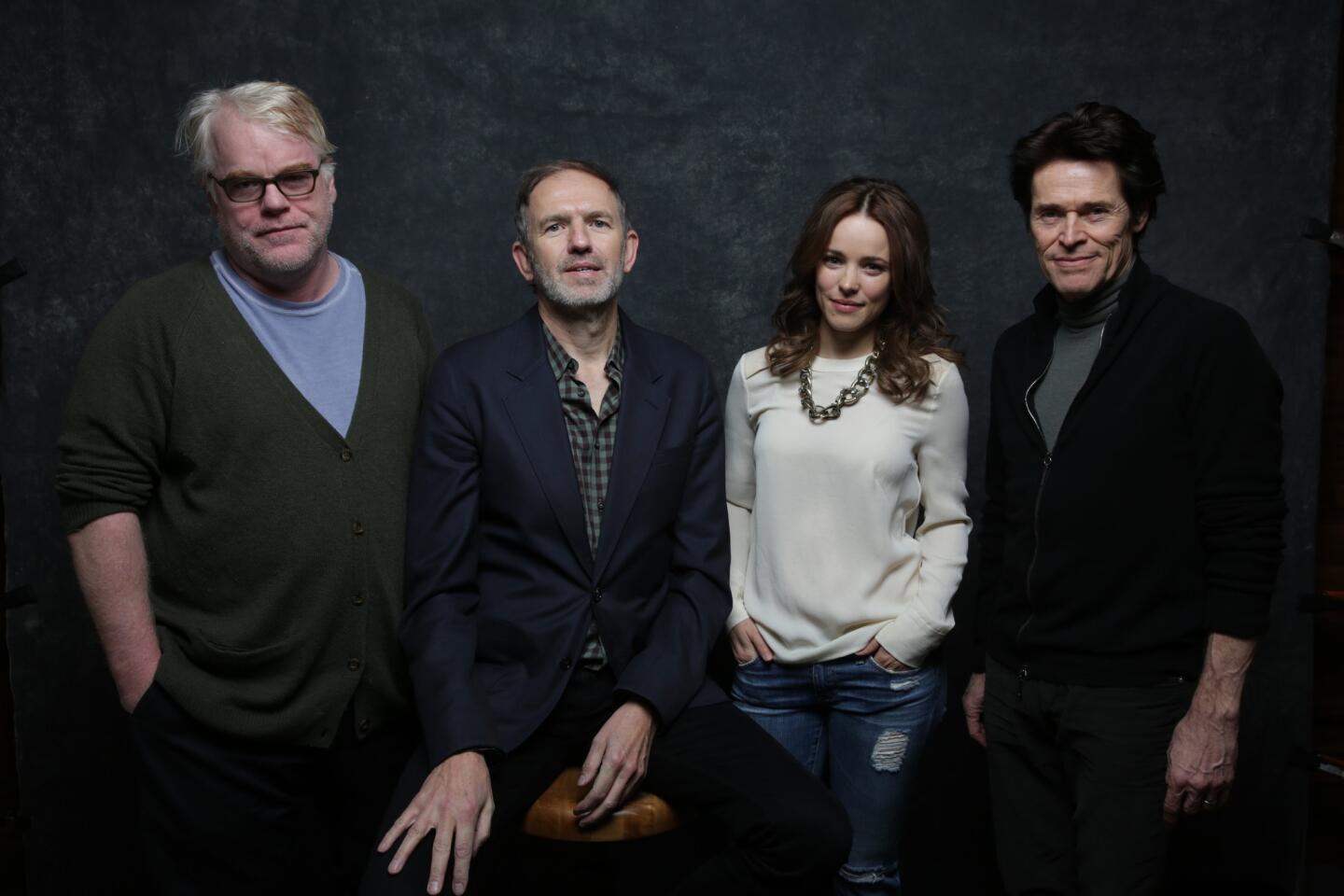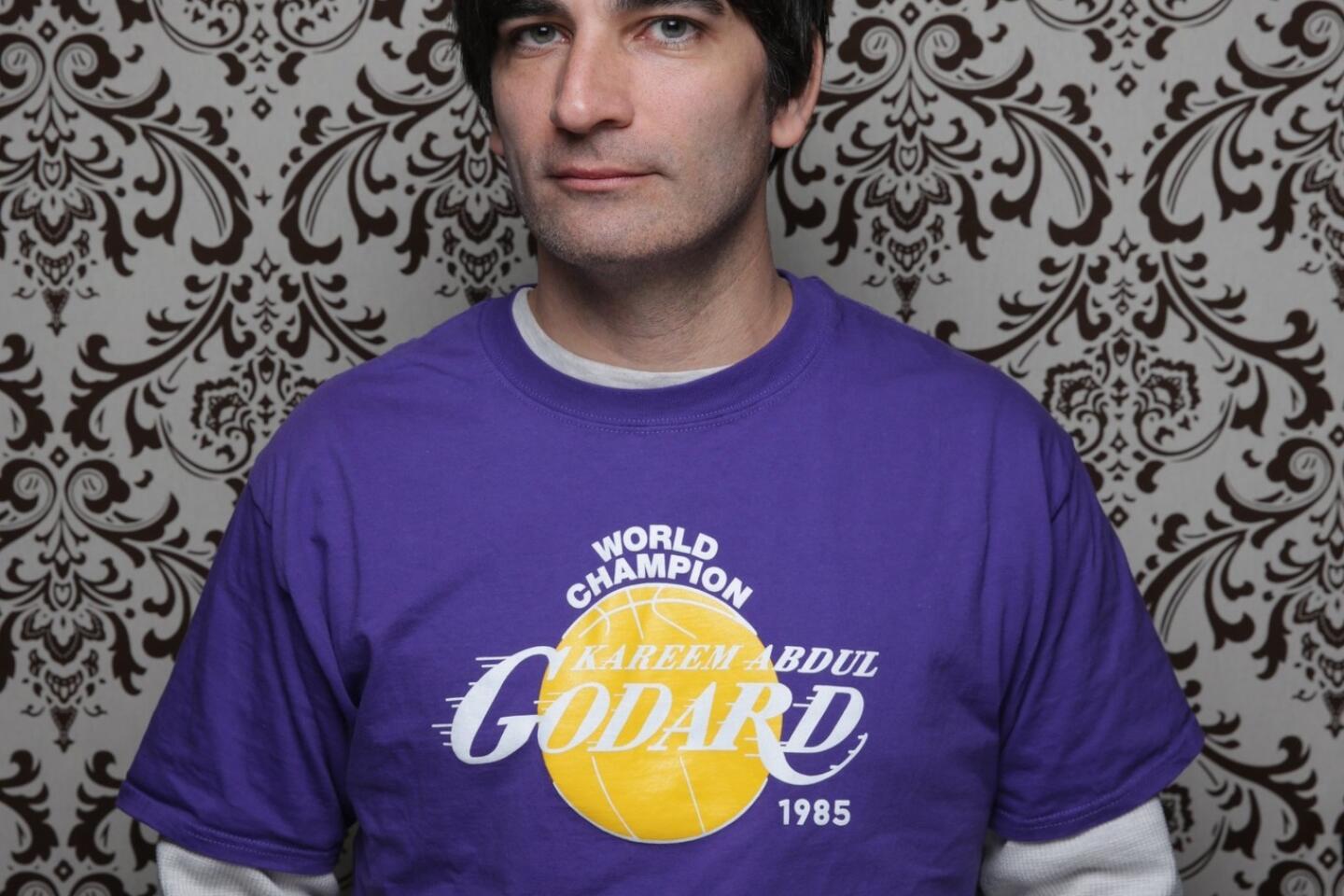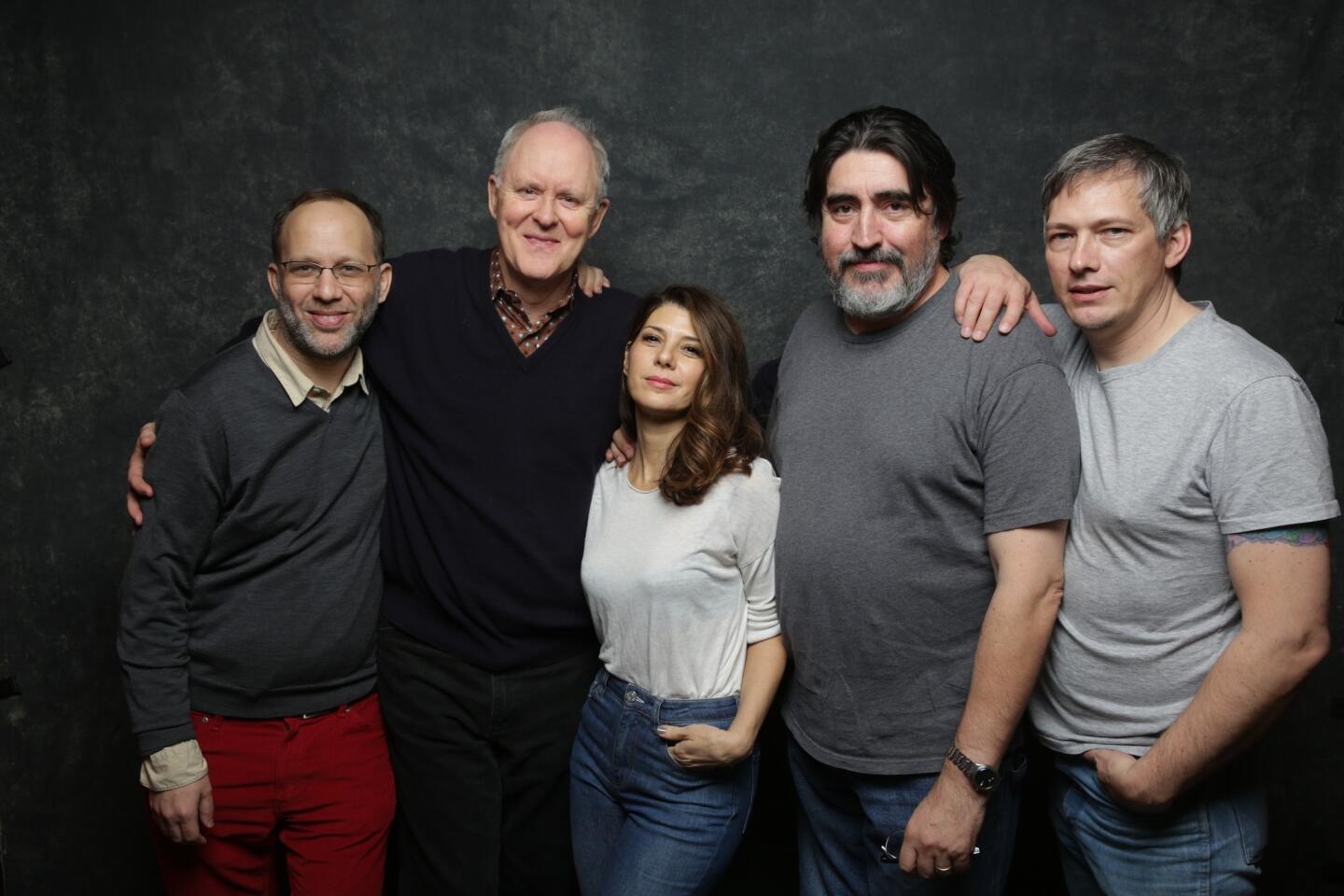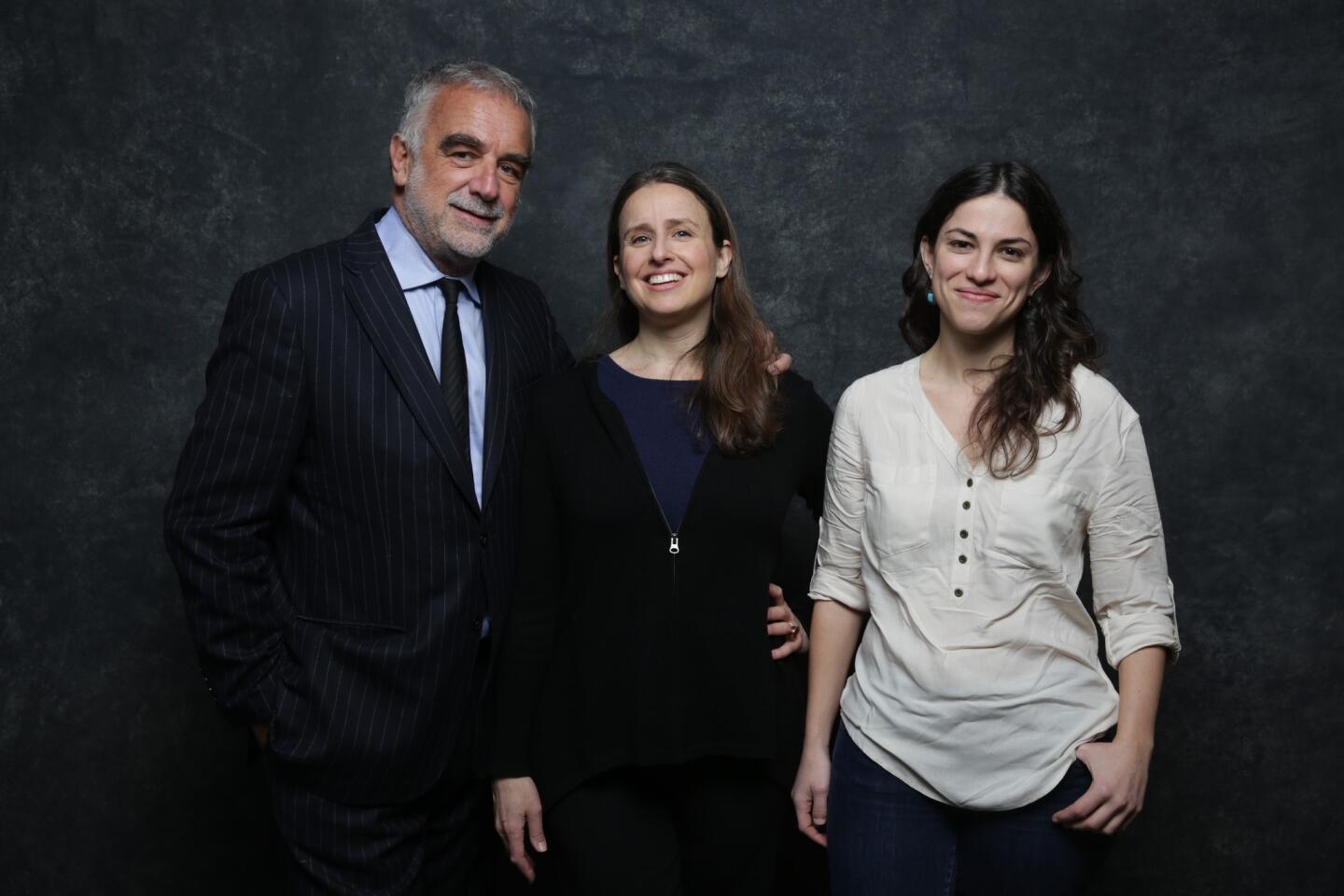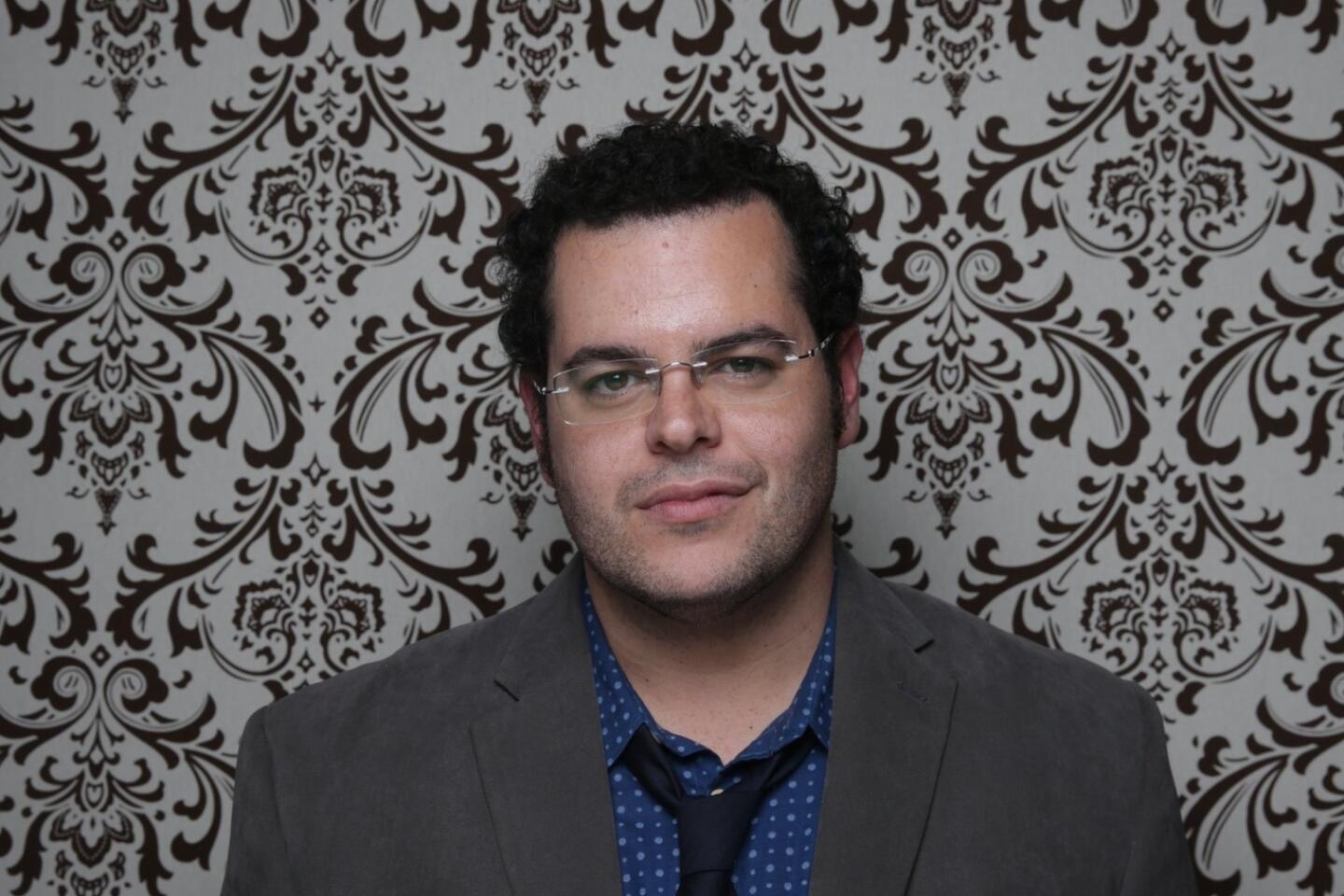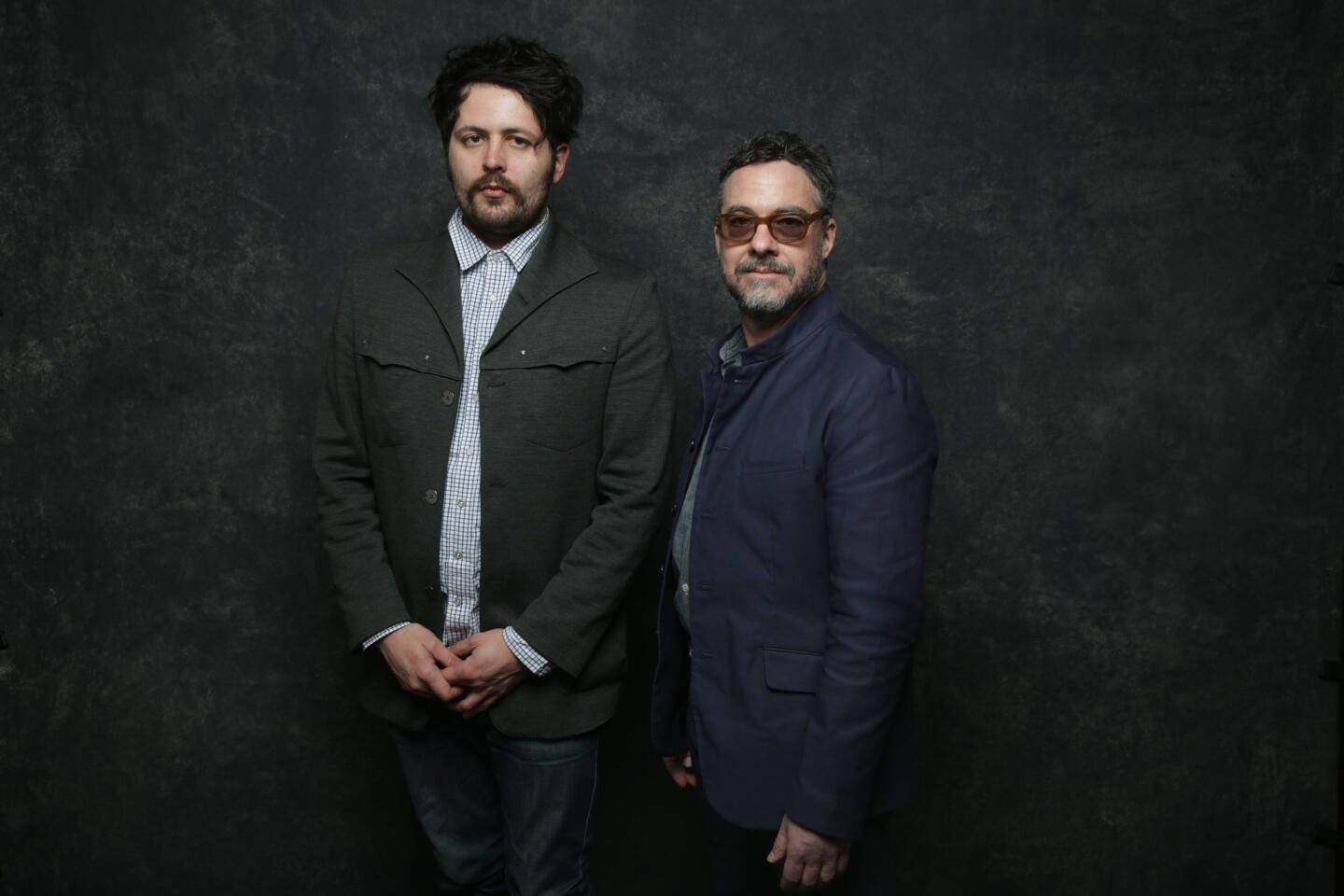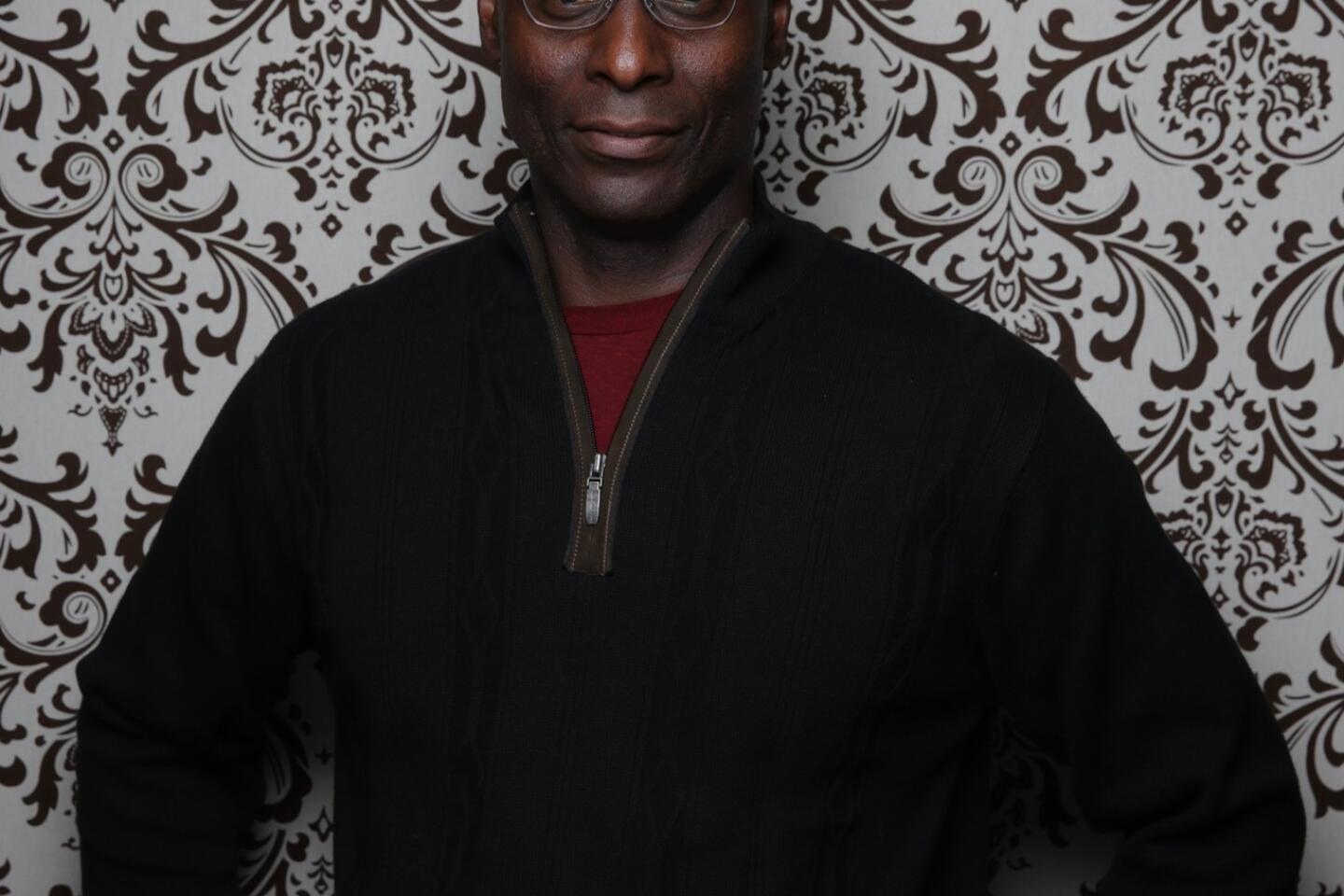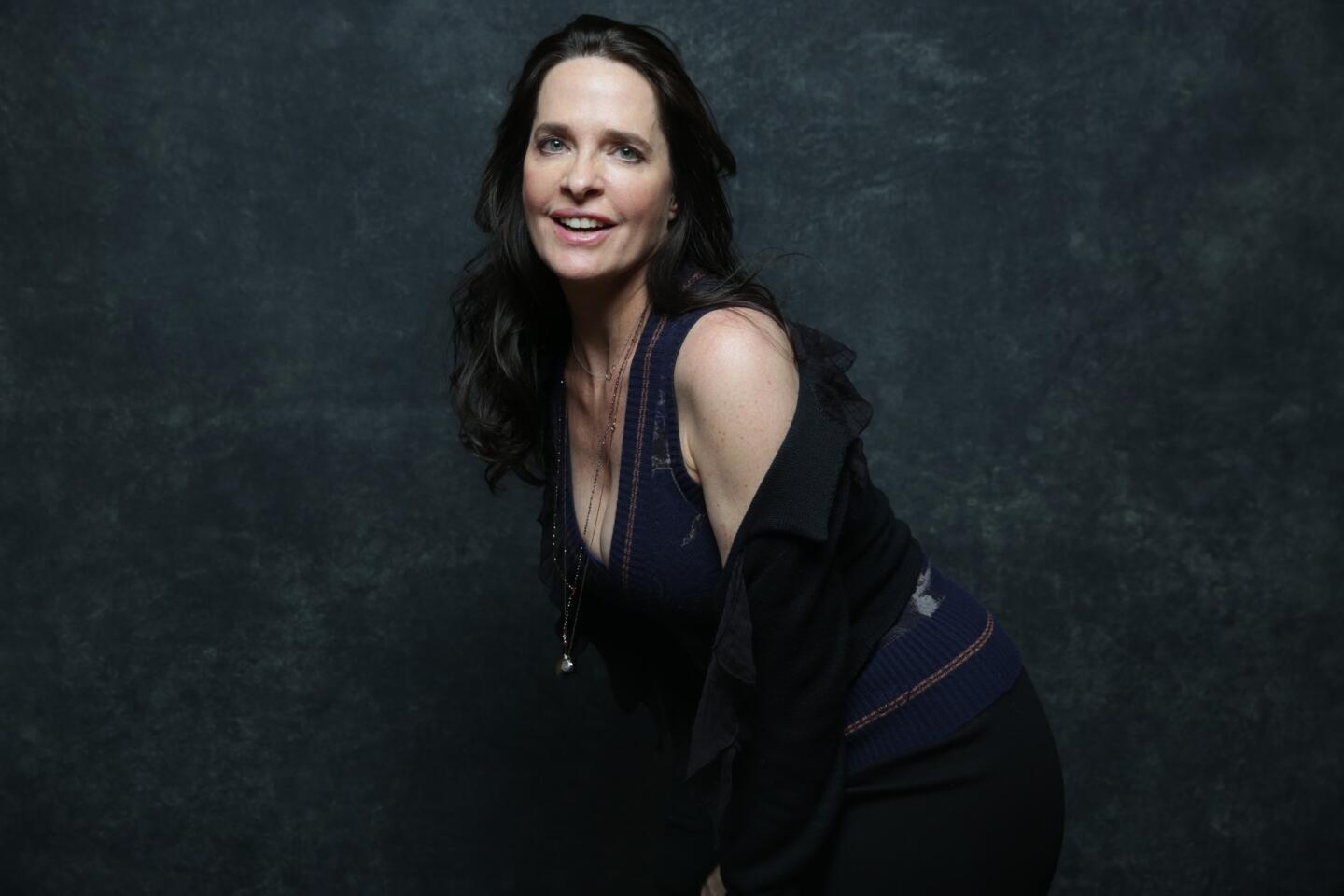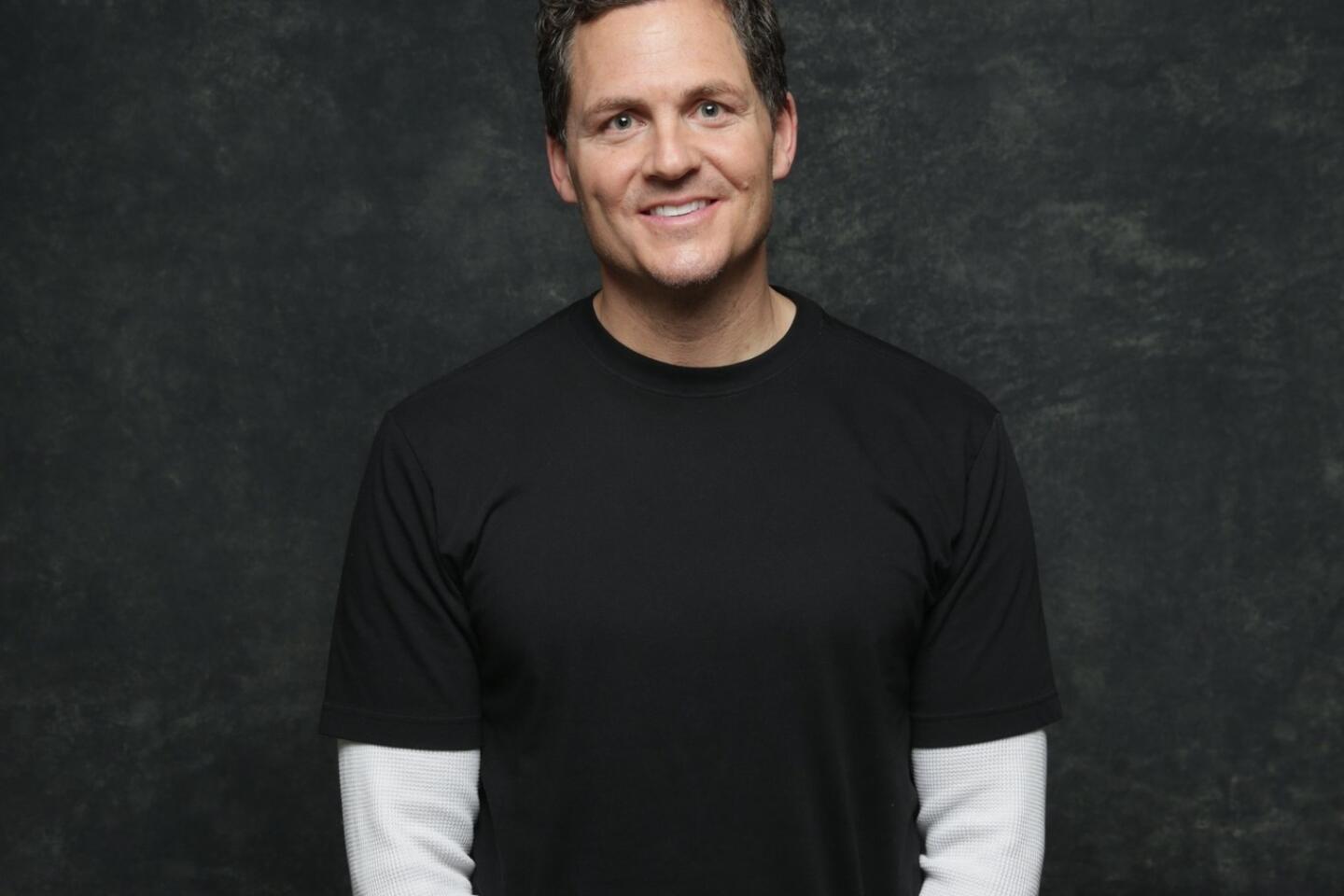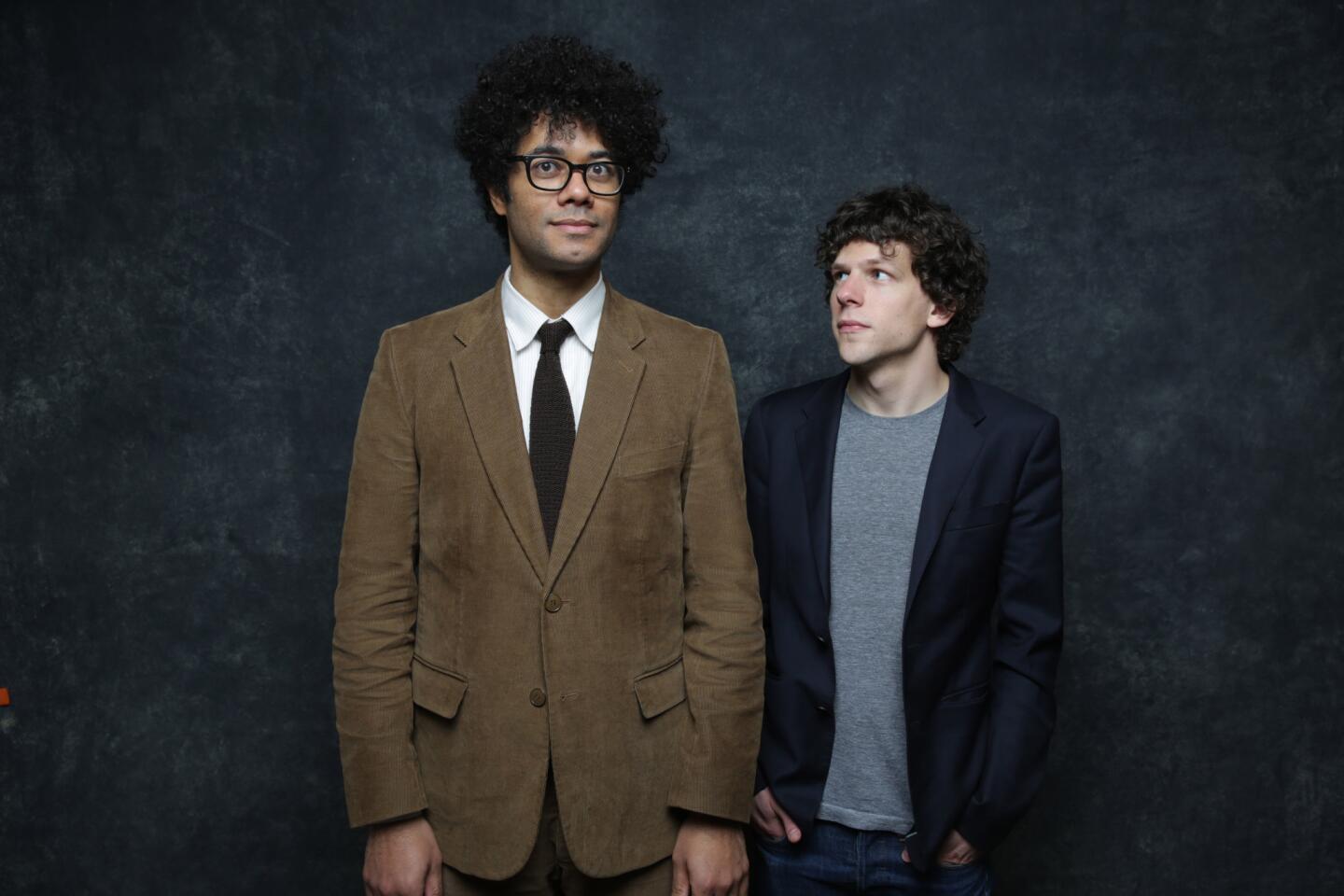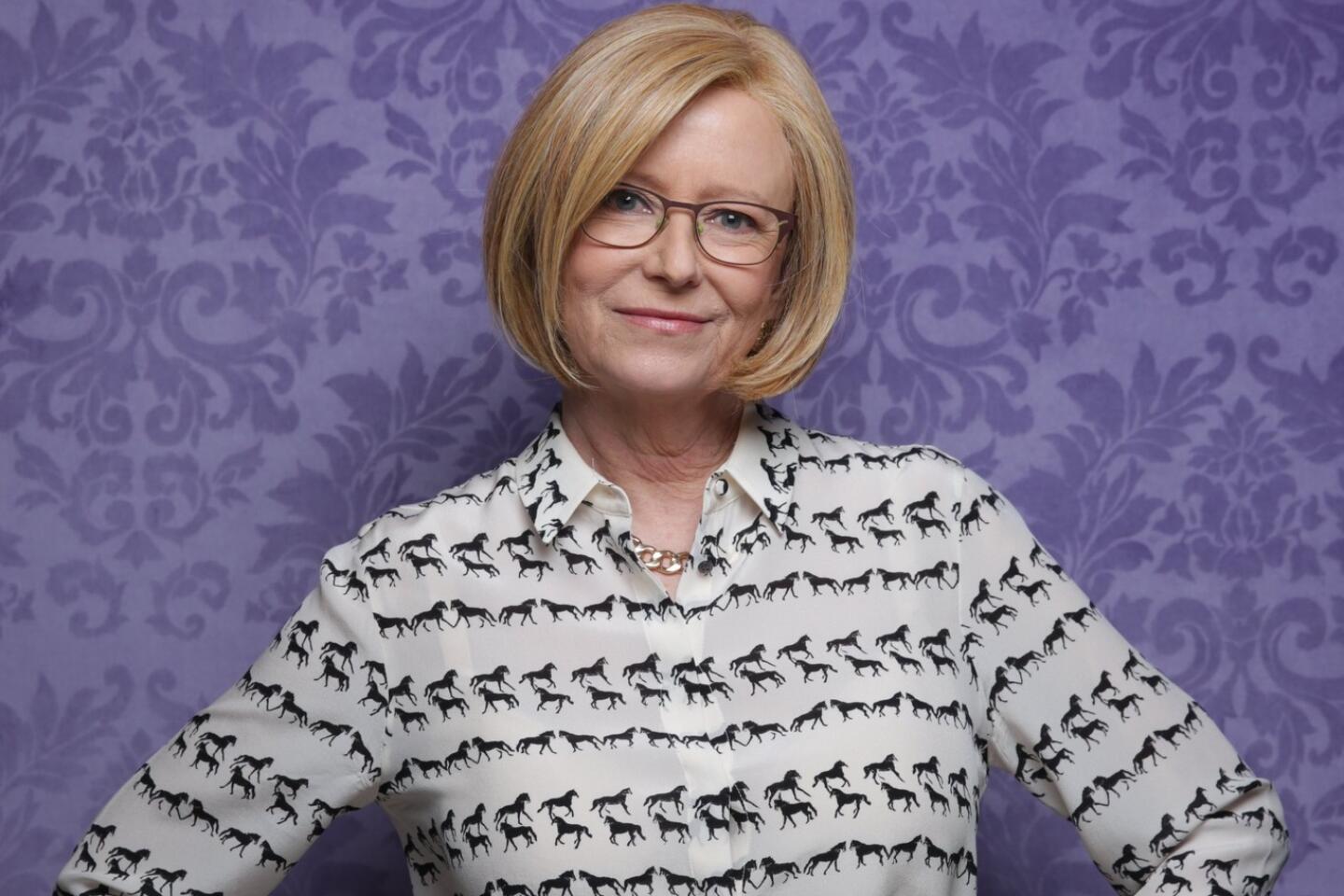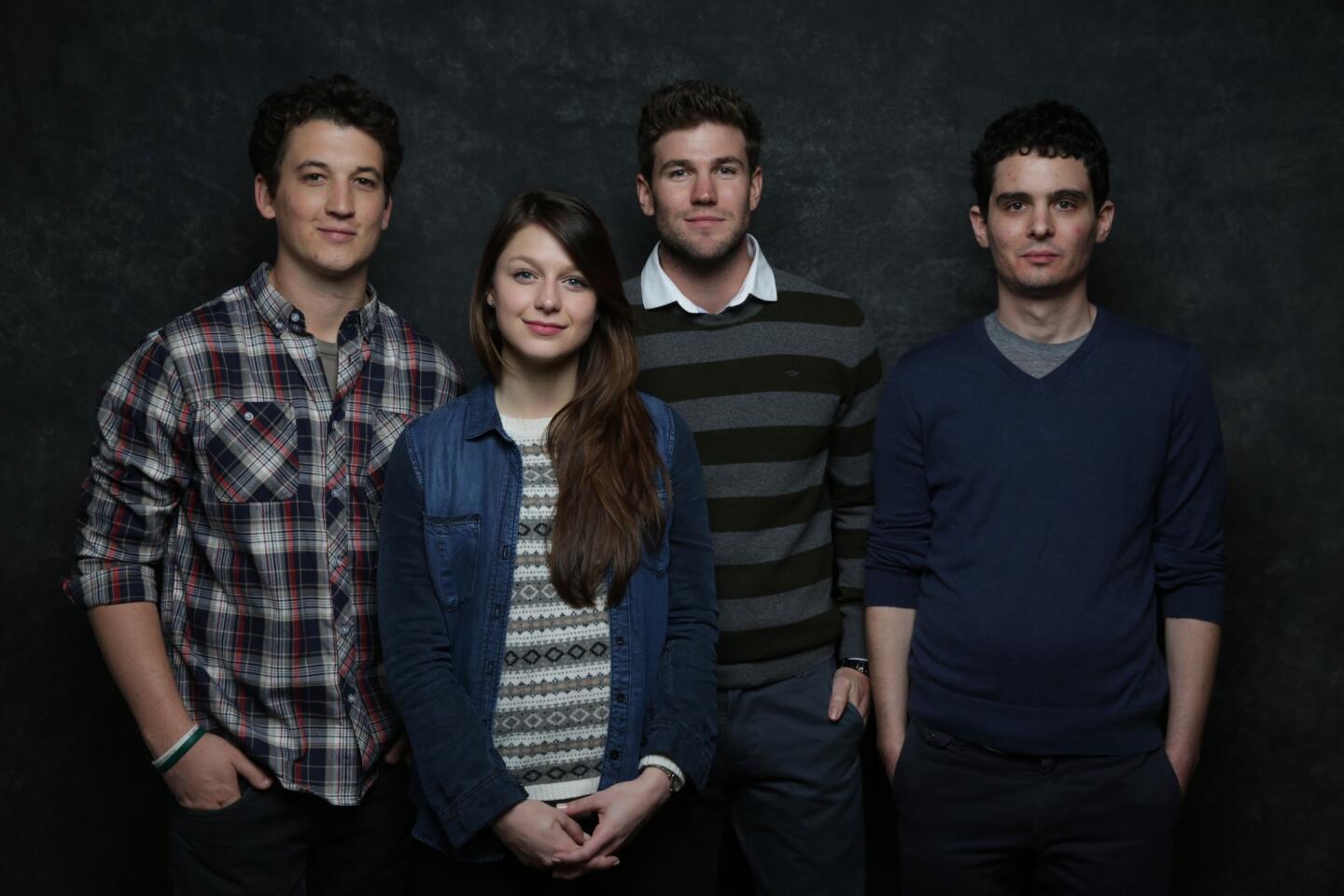Reels and deals at Sundance
PARK CITY, Utah — Director Todd Miller was more nervous than he had expected to be.
The 37-year-old filmmaker’s self-financed documentary “Dinosaur 13” had scored one of the Sundance Film Festival’s coveted four opening-night slots. Now, facing a packed house at Park City’s 1,270-seat Eccles Theater for the film’s premiere, Miller felt his stomach churn.
“Wow, this is a lot of people,” Miller said, peering out at the crowd as he introduced his movie to its first audience last week. He then sat next to his wife, Laura Kirby Miller, in the front of the theater.
Two hours later, as the credits began to roll, the crowd erupted in lusty applause. Josh Braun, the sales agent representing the film, felt confident.
“It was the kind of applause that will lead to closing a deal in the middle of the night,” he recalled later.
At the Sundance Film Festival, the drama off screen can sometimes trump the cinema offerings. Nearly 50,000 people make the trek here each year to binge on art house movies and documentaries. But for filmmakers, agents, producers and distributors, it’s 10 days of deal making.
Buyers flock to the festival in search of critical and commercial hits, hunting for the next “Winter’s Bone” or “Beasts of the Southern Wild.” The documentary “Searching for Sugar Man” broke out two years ago and went on to win an Oscar. “20 Feet From Stardom,” which premiered at last year’s festival, was among the five highest-grossing documentaries in the U.S. and Canada last year, and is a contender at this year’s Academy Awards.
“Dinosaur 13,” which Miller paid for in part by making short films for corporations, is the story of the 1990 discovery of a Tyrannosaurus rex skeleton near Faith, S.D. The fossils, which constituted the most complete T-rex specimen ever found, were discovered by Pete Larson and his ragtag group of colleagues from the Black Hills Institute of Geological Research.
VIDEO: Winter movie sneaks 2014
The dinosaur was the 13th T-rex skeleton ever unearthed, hence the film’s title. It’s better known as “Sue,” named after Sue Hendrickson, one of the paleontologists who found it.
The dinosaur is now on display at the Field Museum in Chicago, but it took a circuitous path. The federal government confiscated the T-rex in 1992 on grounds that Larson and his crew didn’t have the right to possess the massive 66.5-million-year-old skeleton.
The seizure set off a byzantine legal fight that involved the FBI, Bureau of Indian Affairs and National Park Service. The property owner on whose land Sue was discovered eventually won the rights to the bones, and in 1997 he sold the skeleton at auction to the Field Museum for $8.36 million.
As soon as the 9:30 p.m. screening of “Dinosaur 13” ended Thursday night, Braun got a text message from a representative of CNN Films, a division of the news organization, saying that it was interested in acquiring the rights to the movie.
Braun, 52, tried to find Miller outside the theater. But the filmmaker was swamped by well-wishers, and Braun, co-founder of New York-based film sales company Submarine Entertainment, was buttonholed by distributors who praised “Dinosaur 13.”
While waiting in the lobby, Braun received an email from CNN Films making an offer for the movie in partnership with Lionsgate, the studio best known for its “Hunger Games” film series.
MORE: Complete list of Sundance film festival selections
Lionsgate doesn’t buy many documentaries, but its president of acquisitions and co-productions, Jason Constantine, said Miller’s movie was a David versus Goliath story with “everything you want in a documentary.”
Braun, unable to locate Miller, returned to his condominium, which would serve as a war room for the negotiations to come.
When the agent finally made contact with Miller, they scheduled a meeting with representatives from CNN Films and Lionsgate at the nearby Yarrow Hotel. Shortly after midnight last Friday, the filmmaker met with his prospective partners.
Miller, who studied film at Eastern Michigan University and now lives in Brooklyn, said he was impressed by the executives’ questions, including queries on how he had gotten certain shots.
“They got into the technical stuff that no one else asked us,” he said.
The distributors were impressed by Miller, too, and upped their offer. They wanted to enter into an exclusive negotiation, but there was a caveat. They needed a response by 1:30 a.m. Friday.
By now, according to sources with knowledge of the situation, other interested parties had emerged, including IFC, HBO, Netflix and Magnolia Pictures. Braun called representatives of several companies and told them there was a “ticking clock.”
BEST MOVIES OF 2013: Turan | Sharkey | Olsen
At the last minute, another potential buyer — Braun wouldn’t say who — came in with what he called a substantially higher offer than Lionsgate and CNN.
Braun quickly telephoned the Lionsgate-CNN representatives to tell them about the new offer. They agreed to give him a chance to talk things over with Miller, but refused to counter with a higher bid.
“They said, ‘If you don’t call us back in five minutes, we are turning off our phones, going to sleep, and the deal is dead,’” Braun said.
Miller talked by phone with his attorney, Evan Krauss, and Braun. In the end, the filmmaker decided to go with CNN and Lionsgate. The partnership would give Miller the best of both worlds — a prestigious theatrical release by Lionsgate, followed by expected repeated airings on CNN and its promise of a much larger audience. One of last year’s Sundance hits, “Blackfish,” was acquired by Magnolia and CNN and shown by the cable news company 17 times, and seen by about 21 million people.
“Doing this film, you learn very quickly to go with your gut,” Miller said. “I felt very comfortable with these guys.”
As soon as Miller said yes, Braun hung up and dialed the Lionsgate-CNN group two minutes past the deadline. If the call went to voice mail, the deal was dead.
ON LOCATION: Where the cameras roll
But the prospective buyers hadn’t gone to bed. They picked up. Braun told them, “I hope you have hundreds of thousands of dollars of love for Todd, because that is what he is giving up to go with you.”
The roughly $1-million deal for all North American rights to “Dinosaur 13” was the first sale on the ground in Park City. The price was in the ballpark of recent high-profile documentary sales. Last year, Submarine made $1-million-plus deals for “20 Feet From Stardom” and “Blackfish.”
Vinnie Malhotra, CNN’s senior vice president for development and acquisitions, said it meant a lot to him that Miller went with his group’s offer even though another potential buyer had made a higher one.
“With a film like ‘Dinosaur 13,’ we really want to make it part of the national conversation,” Malhotra said.
Braun went to sleep around 4 a.m. Friday, sneaking in three hours of rest before a busy day of screenings and deal making. Miller, coursing with excitement and nervous energy, turned in three hours after him and slept for only 30 minutes.
On Friday morning, they went to a 9 a.m. showing of “Dinosaur 13” and embraced at the theater. At 9:16 a.m., a press release went out announcing the deal.
While the film was screening, Miller was inundated with congratulatory text messages. He stepped out of the theater and, having not eaten a meal in almost 24 hours, celebrated with a piece of banana bread and a Gatorade from the concessions stand. He was so ravenous that he scarfed it down before paying.
After the movie ended, Miller walked onstage and announced the deal.
The audience roared.
More to Read
From the Oscars to the Emmys.
Get the Envelope newsletter for exclusive awards season coverage, behind-the-scenes stories from the Envelope podcast and columnist Glenn Whipp’s must-read analysis.
You may occasionally receive promotional content from the Los Angeles Times.







